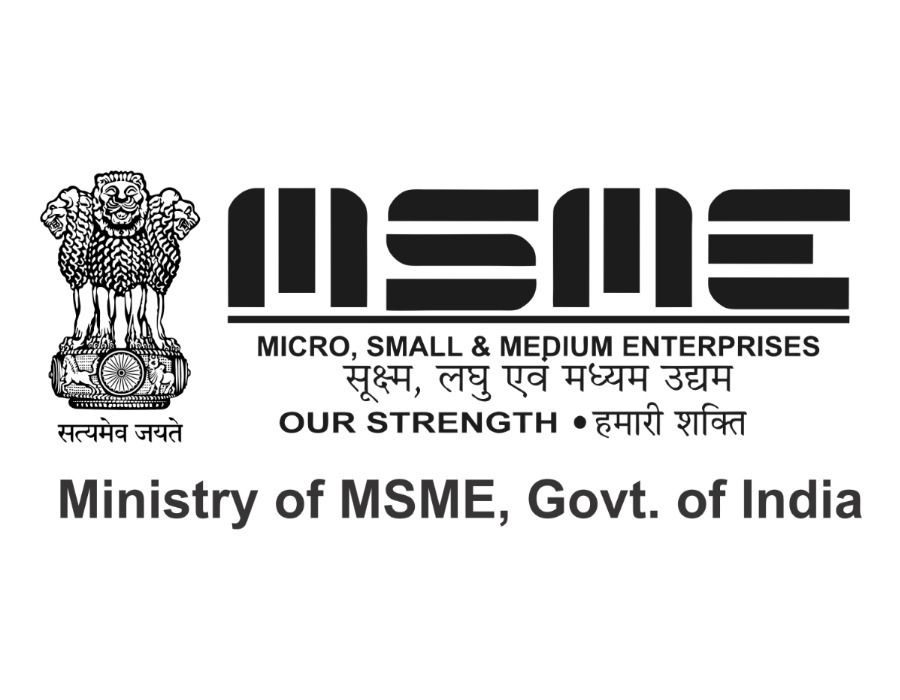View News
NAVIGATING-THE-DYNAMICS-OF-MSME-PAYMENT-REGULATIONS-AN-ANALYSIS-OF-PROPOSED-ADJUSTMENTS

NAVIGATING THE DYNAMICS OF MSME PAYMENT REGULATIONS: AN ANALYSIS OF PROPOSED ADJUSTMENTS
INTRODUCTION:
In recent times, the realm of Micro, Small, and Medium Enterprises (MSMEs) has been abuzz with discussions surrounding proposed amendments to payment regulations. The Finance Ministry's contemplation of adjustments to the 45-day payment rule has sparked widespread deliberation and concern within the business community. This article aims to delve into the intricacies of the proposed changes, analyze industry perspectives, and shed light on the potential implications for MSMEs and the broader economic landscape.
UNDERSTANDING THE PROPOSAL:
At the heart of the discussion lies the amendment introduced in the Finance Act 2023, which mandates business enterprises to settle payments to MSMEs within 45 days. This amendment, aimed at fostering prompt payments and supporting the MSME sector, has drawn both praise and apprehension from various stakeholders. The proposed adjustment to defer the enforcement of this rule by a full financial year reflects the Finance Ministry's responsiveness to industry feedback and the need for careful consideration of its impact.
INDUSTRY CONCERNS AND RATIONALE:
The proposed 45-day payment window has sparked concerns across different segments of the MSME sector, notably among entities such as those in the textile industry. One major apprehension revolves around the potential disruption of existing credit-based relationships between MSMEs, suppliers, and buyers. Moreover, businesses express reservations about their readiness to comply with the stipulated timeframe, highlighting the importance of adequate preparedness measures.
BACKGROUND AND REGULATORY FRAMEWORK:
To contextualize the proposed amendment, it's crucial to examine the regulatory framework underpinning MSME payments. The introduction of clause (h) in Section 43B of the Income Tax Act signifies a concerted effort to streamline payment processes and address longstanding issues of delayed payments within the MSME ecosystem. However, the practical implications of enforcing such regulations require careful consideration to strike a balance between regulatory compliance and industry adaptability.
INDUSTRY ADVOCACY AND CALLS FOR DEFERRAL:
The Confederation of All India Traders (CAIT) and other industry bodies have been vocal in their advocacy for a deferment of the rule's implementation. Their pleas for suspension until comprehensive clarification and dissemination of information are achieved resonate with the broader sentiment within the business community. Additionally, proposals for extending the implementation deadline to April 1, 2025, underscore the need for a phased approach to ensure minimal disruption to MSME operations.
ANALYSIS OF PROPOSED ADJUSTMENTS:
The Finance Ministry's contemplation of a deferment reflects a nuanced understanding of the challenges faced by MSMEs in adhering to the prescribed payment timeline. While the 45-day rule aims to instill financial discipline and support MSMEs, its hasty implementation could inadvertently strain business operations and impede economic recovery efforts. By allowing for additional time and industry consultation, the proposed adjustments demonstrate a commitment to fostering an environment conducive to MSME growth and sustainability.
CONCLUSION:
As stakeholders eagerly await the Finance Ministry's decision, the ongoing discourse surrounding MSME payment regulations underscores the complexities inherent in balancing regulatory mandates with industry realities. The proposed adjustments represent a step towards ensuring a harmonious transition and addressing the legitimate concerns of MSMEs and other stakeholders. Moving forward, collaborative efforts between policymakers, industry representatives, and MSMEs will be essential in shaping a regulatory framework that fosters resilience, innovation, and equitable growth within the MSME sector and the broader economy.
|
Let's illustrate the proposed adjustments to the 45-day payment rule for MSMEs with a hypothetical example:
Consider a small textile manufacturer, XYZ Fabrics, which supplies raw materials to various garment factories across the country. Under the current regulatory framework, XYZ Fabrics is required to receive payments from these garment factories within 45 days of invoicing. However, with the proposed amendment to defer the enforcement of the 45-day payment rule, XYZ Fabrics finds itself in a predicament. While the amendment aims to alleviate the burden on MSMEs, XYZ Fabrics is concerned about the potential impact of delayed payments on its cash flow and operational efficiency. For instance, one of XYZ Fabrics' major clients, a garment factory, experiences a temporary cash crunch due to unforeseen circumstances. As a result, the factory requests an extension on the payment deadline, citing difficulties in meeting the 45-day timeframe. In the absence of a deferment, XYZ Fabrics faces the prospect of delayed payments, which could disrupt its production schedules, strain its financial resources, and impede its ability to meet other financial obligations such as raw material procurement and employee salaries. However, with the proposed adjustment allowing for a one-year deferment of the rule's implementation, XYZ Fabrics gains much-needed breathing room. This additional time enables the garment factory to stabilize its finances and fulfill its payment obligations to XYZ Fabrics within a more manageable timeframe. As a result, XYZ Fabrics can maintain uninterrupted operations, sustain its business relationships with clients, and continue contributing to the growth of the MSME sector. Moreover, the deferment provides XYZ Fabrics and other MSMEs with an opportunity to adapt to the new regulatory requirements, implement necessary process improvements, and enhance their overall resilience in the face of future challenges. This example underscores the importance of flexible regulatory frameworks that take into account the diverse needs and challenges faced by MSMEs. By allowing for adjustments and deferments, policymakers can support the sustainable growth of MSMEs, foster a conducive business environment, and promote economic prosperity for all stakeholders involved. |
"Unlock the Potential of Legal Expertise with LegalMantra.net - Your Trusted Legal Consultancy Partner”
Article Compiled by:-
Mayank Garg
(LegalMantra.net Team)
+91 9582627751
Disclaimer: Every effort has been made to avoid errors or omissions in this material in spite of this, errors may creep in. Any mistake, error or discrepancy noted may be brought to our notice which shall be taken care of in the next edition In no event the author shall be liable for any direct indirect, special or incidental damage resulting from or arising out of or in connection with the use of this information Many sources have been considered including Newspapers, Journals, Bare Acts, Case Materials , Charted Secretary, Research Papers etc.

